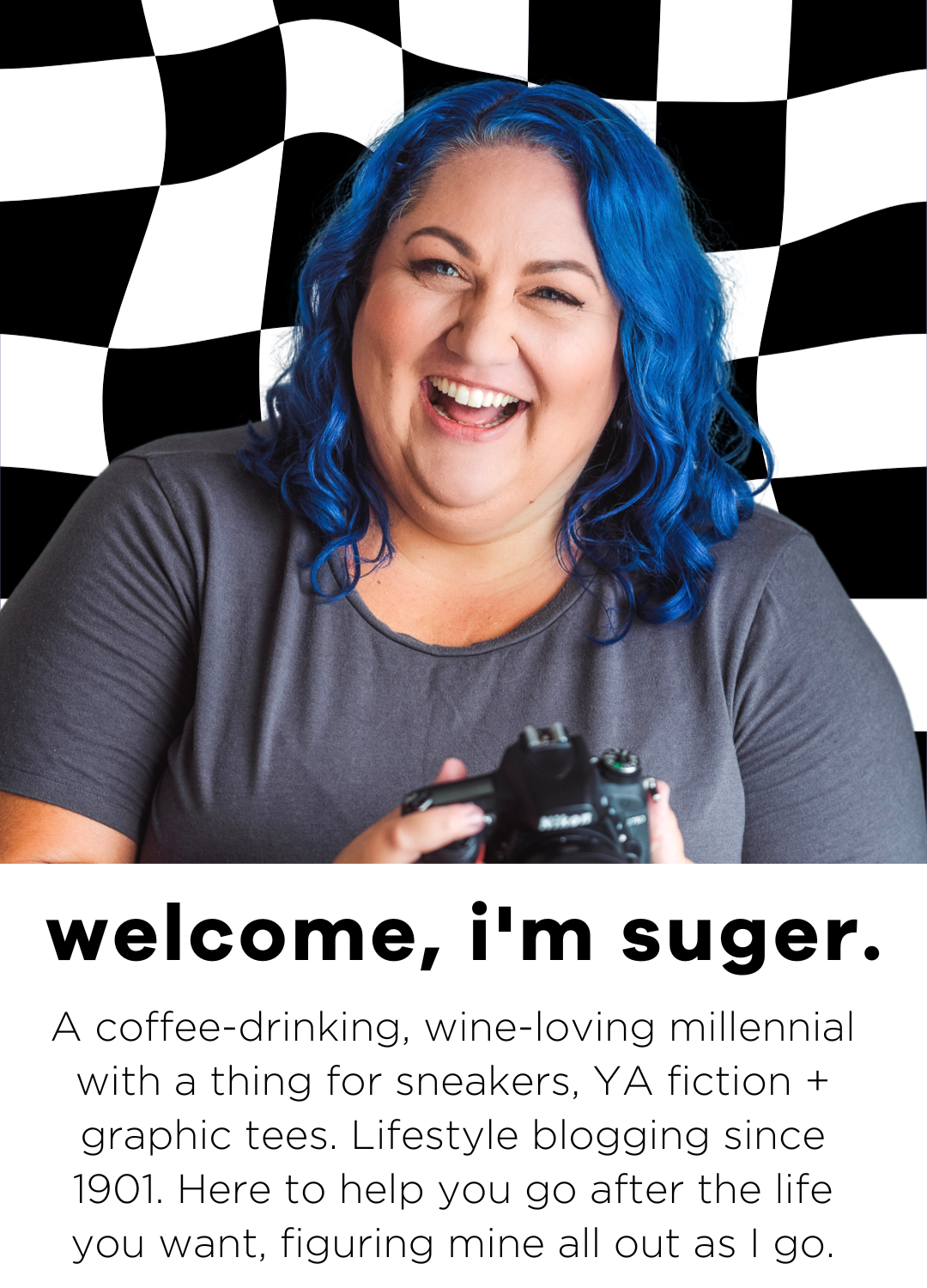Lots of conversation at the moment for a push to stop calling girls bossy. Beyoncé, the Scouts, everyone throwing their weight behind it. It’s a conversation I’ve had with my cousin Kylie actually. Her daughter, very similar to my niece Arleigh, is bossy. As in articulate, asks for what she wants and will continue to shove you in the right direction until she gets it. The girls, the next generation are a lot like the one that came before them.
Kylie and I, we own our bossy. We are bossy. Every ambitious, strong, demanding, direct part of us.
Bossy isn’t a dirty word to me. I am proud to be called bossy. Bossy, I always assumed, was being ‘boss like’. And I’m okay with that. I AM the boss. You should remember that when you attempt to get in my way and especially when I am in a position of leadership. I have the mug to prove it.
Don’t think I have my head in the sand there are certainly people who use bossy in a way to diminish women and girls. To make them feel that asking for what they want is a bad thing. That demanding excellence from those around them makes them unlikable and hard.
There will always be those people who will do their best to diminish women in that way. I would love to think that one day there is a balance in the community that it is no longer something to chuckle about when a girl says she wants to be Prime Minister or a boy says he wants to be a midwife. But until then, what we can do is reframe the language we use. Reframe what we consider to be male or female specific traits or roles.
Glee star Jane Lynch wrote: “I would tell my 10-year-old self not to be afraid to step up and say what you think. Do not be afraid to express your opinion. ”Do not be afraid to suggest things. Do not be afraid to lead.”
Yes Jane Lynch, yes. I say raise a girl who doesn’t care if she is called bossy. Raise a girl who owns the character traits associated with bossy as vital and important for someone wishing to be a leader. Someone who will, can and does lead. Words only have power to detract from you as a person if you allow them.
I certainly hope that by calling the young, strong girls around me bossy and likening it to the qualities that I myself possess that they will never associate bossy with a bad thing. I hope they associate it with me and are okay with that. Okay and empowered even. Okay and successful because of it. Beyoncé perhaps said it best when she said “I’m not bossy. I’m the boss”. And that is something to aspire to.
So enter the conversation folks, should we ban bossy or attempt to reframe the context it is used in or something somewhere in the middle?
And you better answer me, because I said so. Haha.
See the TED talk by Facebook COO Sheryl Sandberg that started the movement here.
Hi! I’m Melissa Walker Horn. Around here, they call me Suger. I’m the Chief Blogger and doer of all the things here at Suger Coat It. Blogging since 1901; I love a casual ootd, taking photos, and writing about things that irk or inspire me. I love wine and cheese, long days at the beach and spending time with my family. I make stuff for the internet over at Chalkboard Digital. You know, living the sweet life.




As a fellow bossy woman, who often feels bad for being so, this is very intriguing to me. On one hand I own my bossy, and I get things done. People know they can count on me to get jobs done (by delegating and telling people what to do). On the other hand, I don’t ever want to be seen as overbearing or rude in my bossiness. I want it to be for a purpose, not just to be shoving my thoughts and opinions in someone’s face. I think there’s a fine line between being productively bossy and just downright hatefully bossy. I think the term “bossy” has come to mean something negative, when it shouldn’t. I’m all for reclaiming the title of “Bossy” as a positive character trait and not a negative personality. Bring on the bossy!
It’s true. I think that a reclaim of the word would totally work. There’s no power in it for those who chose to use it against you then. That’s my plan anyway.
I think it’s important to not be rude but to be direct. But I also believe that some people will always resent those who stand up for themselves and a certain level of quality. I don’t pay them much time. If I hurt someone’s feelings I am always remorseful and effect a change in my behaviour to avoid it happening again once I have considered whether the reaction was reasonable or not. I think if you are always willing to reflect on yourself, then you are doing all you can to be kind.
I’m definitely on the side of reclaiming bossy – I don’t think there’s anything inherently wrong with knowing what you want and setting out to get it. Bossy doesn’t have to mean pushing people around; it’s a good way to sum up “taking charge and getting things done”.
I was a huge bossyboots as a child. I lost it all when I lost my self-confidence, and now that the confidence is coming back I can feel the bossiness coming back too – and I’m embracing it. Like a boss!
I jokingly called loads of the kids around me bossy-boots. Boys and girls. And I remind them that I’ve been doing it longer and goooood luck. It does take confidence to demand what you want no matter what. I hope yours returns to you in bucket loads.
I didn’t get where I am now without having skills that mean I’m considered bossy. Hells yeah.
Hells yeah indeed dude. I’m right there with you.
I have a t-shirt for my little girl that says “like a boss” and it suits her perfectly! I use “bossy” in a positive way with her, to me she is confident, charming and a little cheeky but I like that in a person. My partner was born a Boss so she takes after him, I am drawn to bossy people as I think some of what they have will rub off on me! So no, don’t ban it, we just have to use it wisely!
Naaaw love it! Let that little girl of yours show you the way. Seriously. Just mimic her.
The only time I have a problem with the word is when it’s used to negatively describe female behaviour that is actually “instructional” or “giving direction”. I don’t think we need to ban it, we just need to use it in a better context. It shouldn’t refer to actually being obnoxious and rude by pushing people around, being a female Boss should be about helping other people do their jobs, support and empowerment!
Yes, yes, YES. THAT. Or when you are managing a team, being very reasonable about it and then you’re called bossy. But that said these days I just tell them to reconsider their choice of word that I’m asking them to do their job and that’s just common sense. 😉